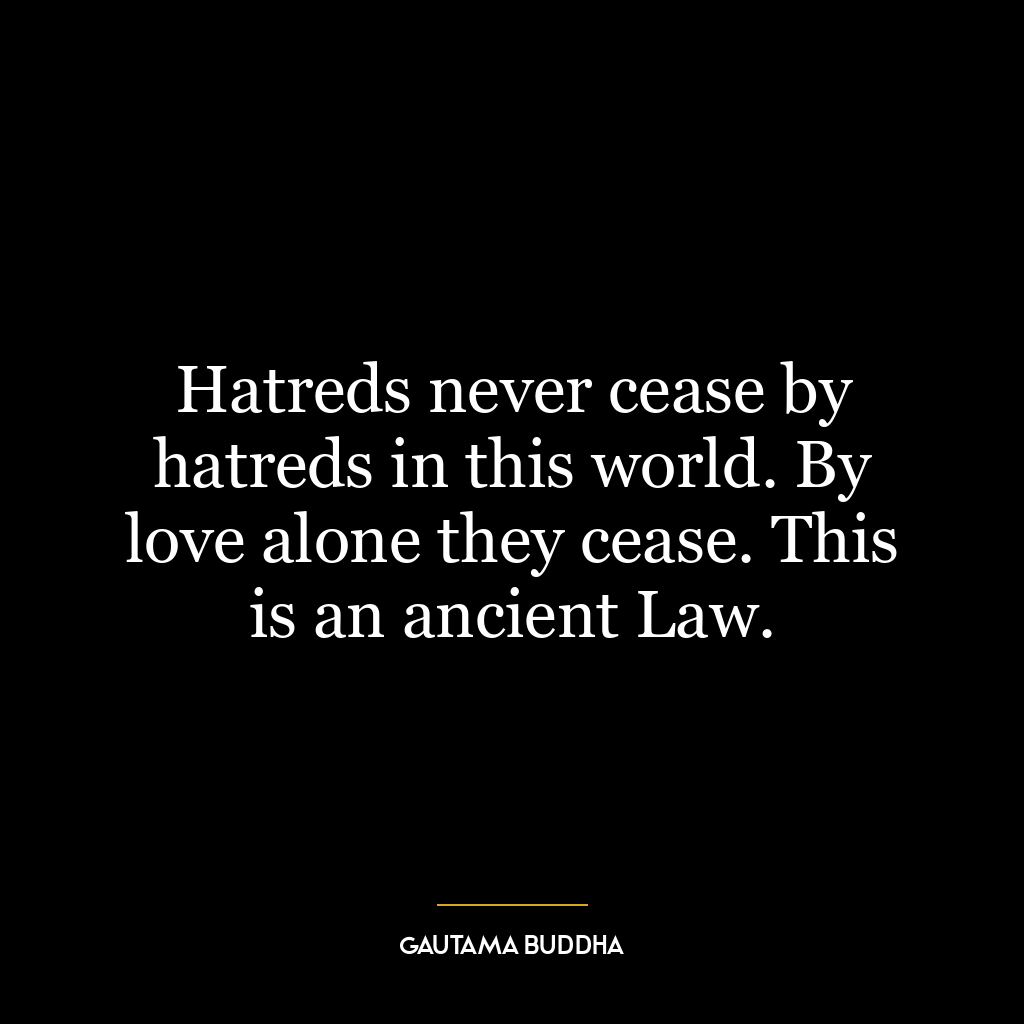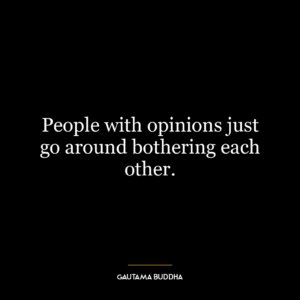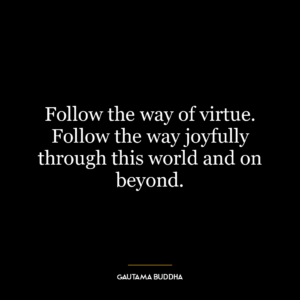This quote emphasizes the power of love and compassion in overcoming hatred. It suggests that responding to hatred with more hatred only perpetuates a cycle of negativity, while choosing to respond with love can break this cycle. This is deemed an “ancient law,” suggesting it’s a universal truth that transcends cultures and eras.
The first part, “Hatreds never cease by hatreds in this world,” implies that hate begets hate. When we react to hostility with more hostility, it only fuels the fire, causing more damage and prolonging the conflict. This could be seen in wars or feuds where each side retaliates against the other’s actions, leading to an endless loop of destruction.
The second part, “By love alone they cease,” suggests that only through understanding and empathy can we truly resolve conflicts and extinguish hatred. Love here doesn’t necessarily mean romantic affection but rather encompasses kindness, respect, tolerance – essentially all forms of positive human interaction.
As for its application today or personal development: In a world rife with divisions – political tension, racial discrimination or religious intolerance – applying this principle could help bridge these gaps. Instead of responding to prejudice or aggression with similar negativity, we should strive for understanding and compassion.
On a personal level too it holds relevance; when faced with criticism or negativity from others (or even from ourselves), instead of retaliating defensively (which often escalates into arguments), we should try empathizing where they’re coming from – maybe they’re having a bad day? Maybe our action unintentionally hurt them? By doing so not only do we foster better relationships but also develop emotional intelligence which is key for personal growth.
In essence: Hate breeds hate; Love quells it – an idea as relevant today as when first spoken thousands years ago by Buddha.













